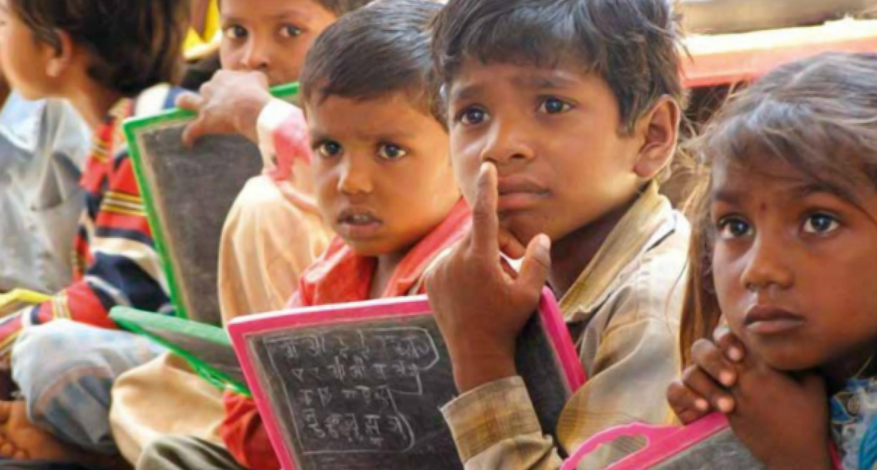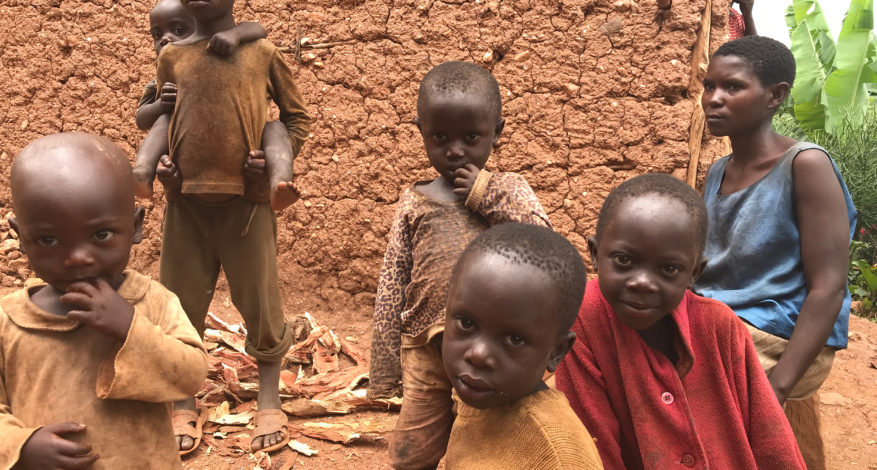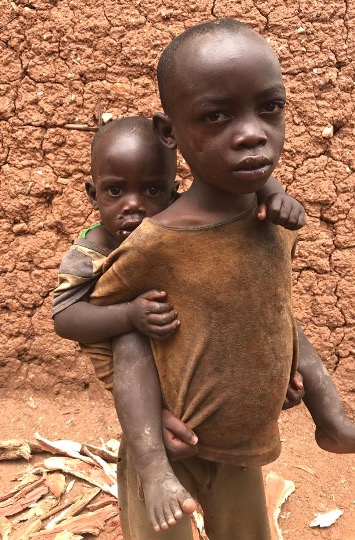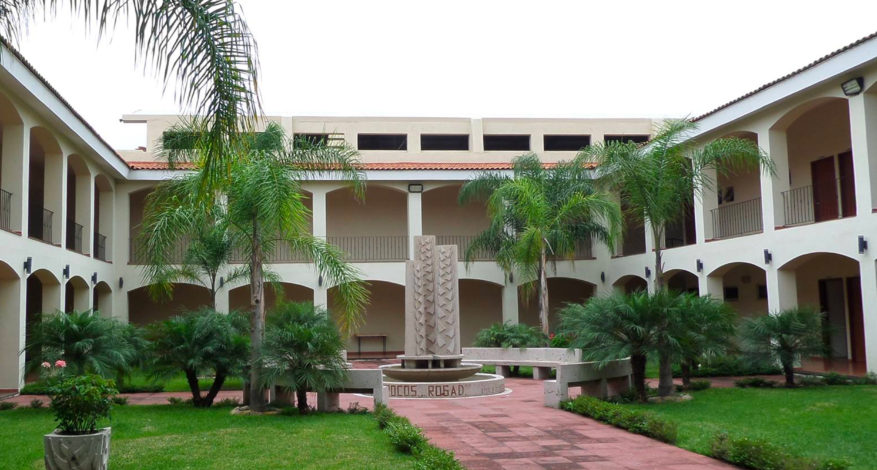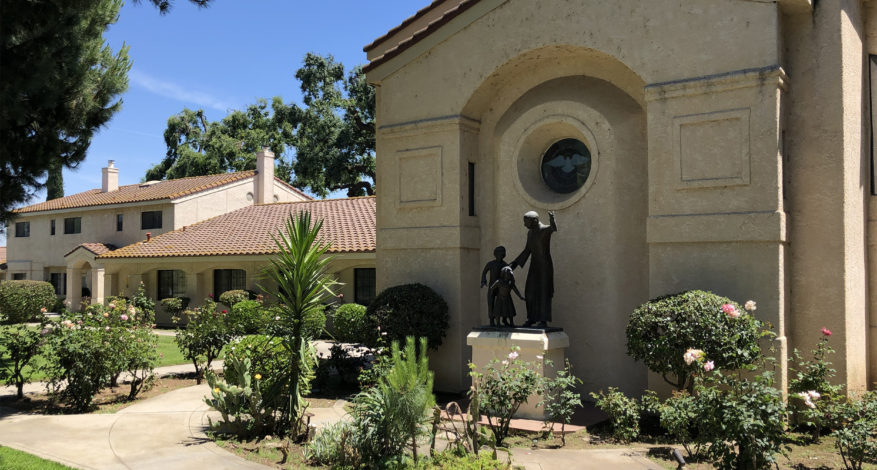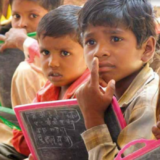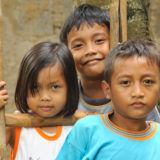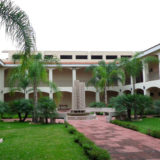PR9: INDIA, Jalandhar, Punjab
EDUCATIONAL CENTER for school dropouts
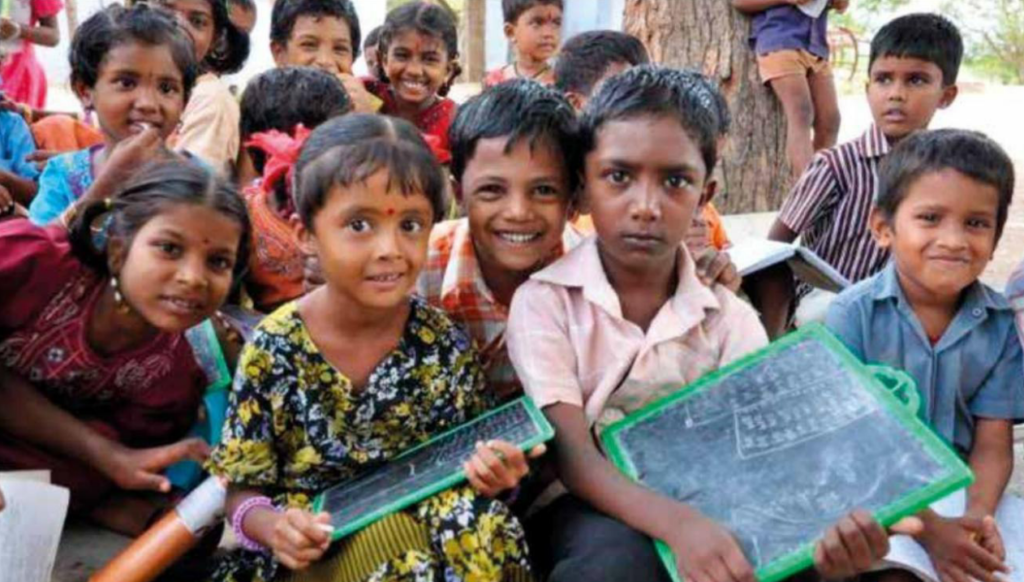
The new Rogationist Missionary Project of 2023 goes in favor of an “Education Center for school dropouts” in Jalandhar, Punjab, India.
The Rogationists have been present in India since 1987, in Kerala, a southern state, which has a significant presence of Catholics.
In recent years the confreres have felt the need to open new offices in other states of India. Some of them have entered the state of Punjab, in the far north, where the Catholic presence is minimal, just over 1%.
LOTS OF CHILDREN OUT OF SCHOOL
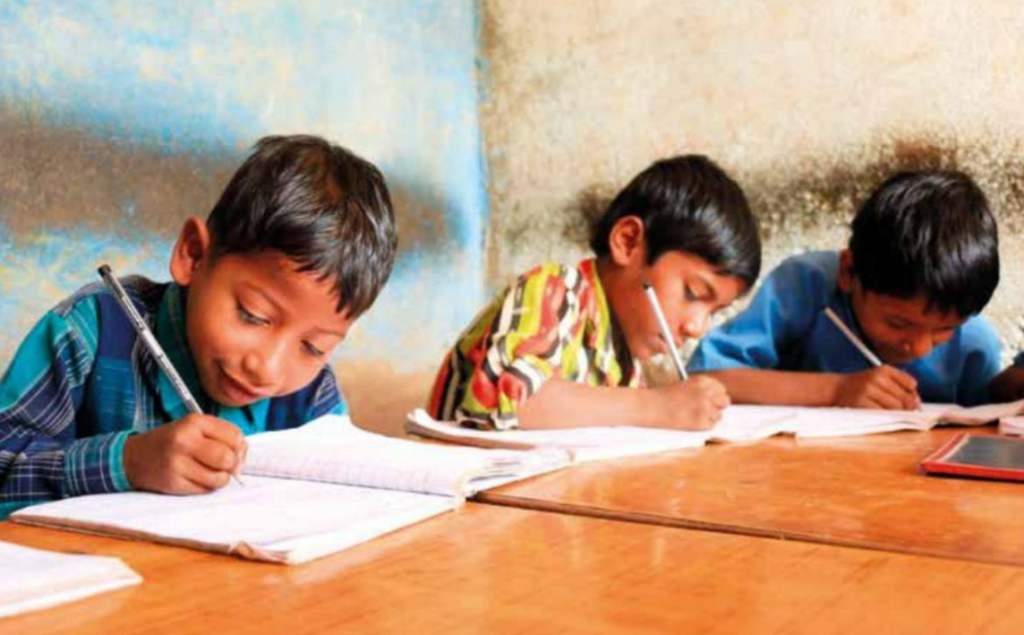
One of the most serious problems in education is early school leaving in the state of Punjab. Despite government initiatives to reduce the school drop-out rate, the figures continue to be very alarming. It is very worrying that 20% of children drop out of school at primary level, 37% when they reach middle school, 40% at secondary level and 78% at 10+2 level, or that 78% of children in class I drop out when they reach the upper classes. It is very worrying that out of the total number of students enrolled in the first class only 22% reach the XII class.
According to the survey conducted by the Directorate of Education, in the State there are 169,000 children in the age group 6-11 years and 128,000 children in the age group 11-14 years who do not attend school.
According to the available data, 297,000 children in the age group 6-14 years and 1,052,000 children in the age group 14-8 years are outside the school network.
In addition to working as labourers or assisting parents in their work, the other reasons why children stay out of school or drop out, identified by the Directorate of Education, are:
1) poverty,
2) large family,
3) lack of inspiration/interest/sensitivity or disinterest between parents and children,
4) illness/death/unemployment/emigration of one of the parents,
5) lack of teachers/infrastructure in schools,
6) non-stimulating/difficult study program,
7) non-interested/non-stimulating/difficult teachers,
8) not convenient time,
9) access to difficult/far school, etc.
In addition to the reasons mentioned above, field studies also suggest that many parents still hesitate to send girls to co-educational institutions and are particularly opposed to those where there are no female teachers.
It therefore becomes important not only to provide sound education, economic incentives and committed teachers, but also to address socio-cultural impediments by providing them with a solid atmosphere and a healthy environment for education.
PRESENCE IN JALANDHAR among the poor and the boys
THE DISTRICT AND CITY OF JALANDHAR
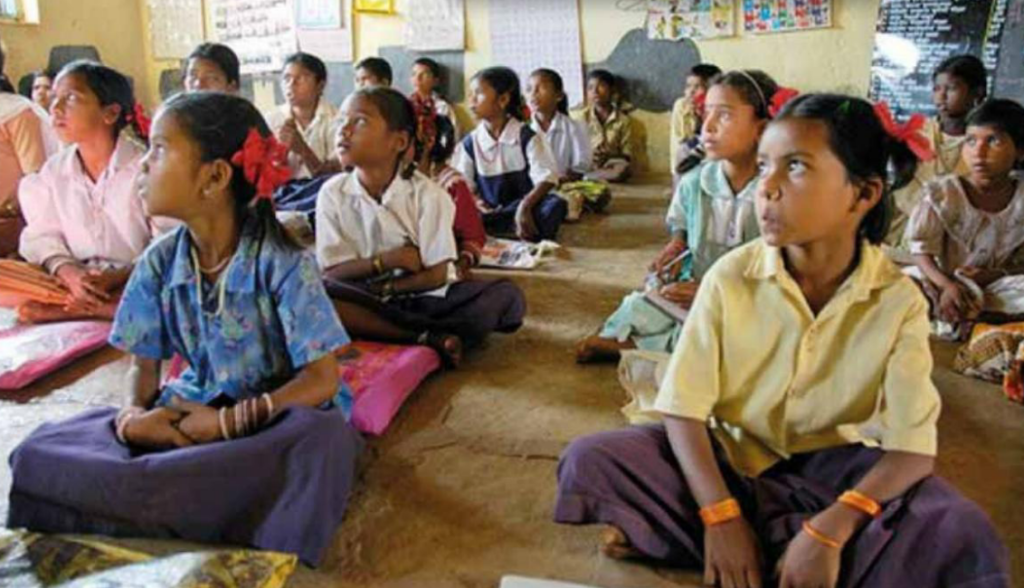
Jalandhar is the third most populous city in the Indian state of Punjab and one of the districts of Punjab.
Archaeological explorations carried out in recent years have shown that the present-day region of Jalandhar district was part of the Indus Valley Civilization. The district comprises a geographical area of 2,624 sq km. The city has a humid subtropical climate with cool winters and long, hot summers. Summers last from April to June and winters from November to February.
Summer temperatures range from average highs of about 48 0C (118 OF) to average lows of about 25 0C (77 O F). Winter temperatures have highs of 19 0C (66 OF) and lows of -7 0 C (19 OF). The climate is dry overall, except during the short southwest monsoon season in July and August.
Because it is located in the northern plains, it is very cold in winter and very hot in summer.
According to the 2021 census, Hinduism and Sikhism are the religions of the vast majority of Jalandhar’s inhabitants: 74.90% of the city’s total population are Hindus and 21.39% are followers of Sikhism.
Muslims and Christians are smaller groups. The district is also famous for the production of sports equipment, rubber products, surgical instruments, power tools etc.
THE DIOCESE OF JALANDHAR THE PLACE FOR OUR MISSION
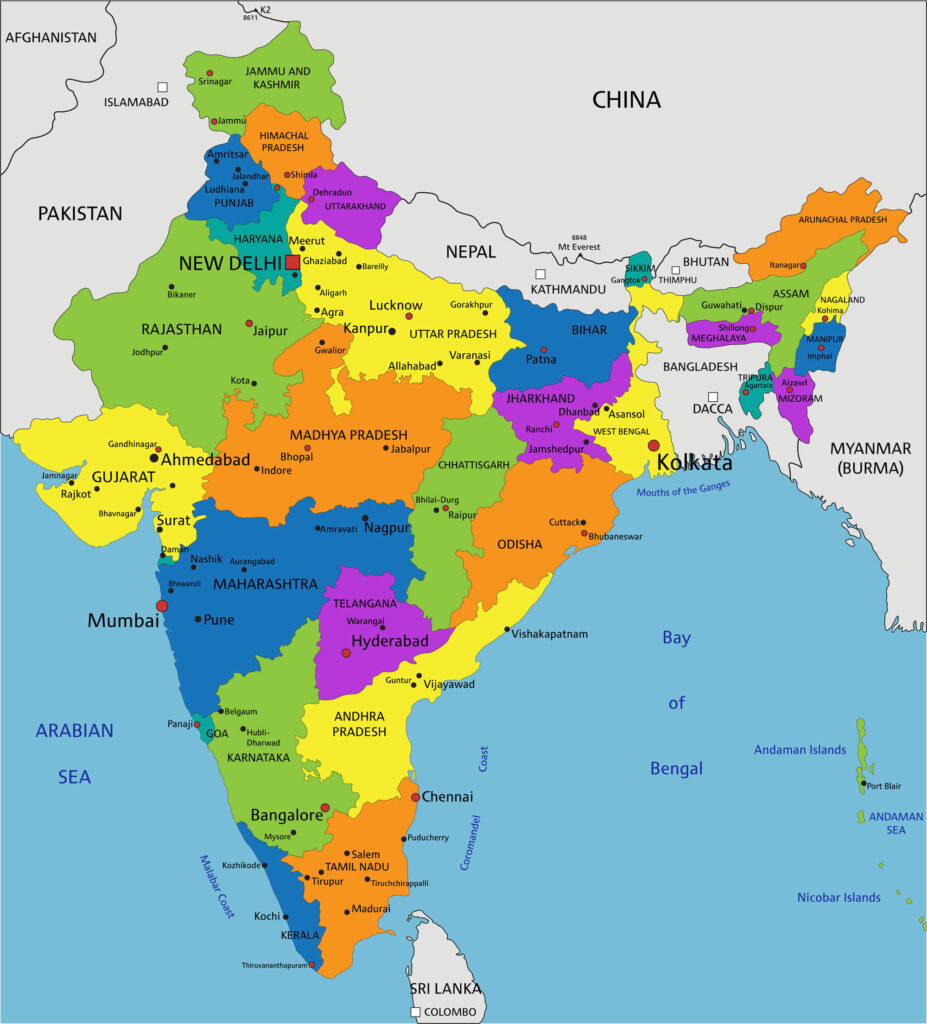
DUE TO POVERTY, CHILDREN AND ADOLESCENTS OFTEN DO NOT HAVE THE MONEY TO GO TO SCHOOL.
PREPARE STUDENTS TO PASS EXAMS
At school and in life
ROGATIONIST PRESENCE IN JALANDHAR
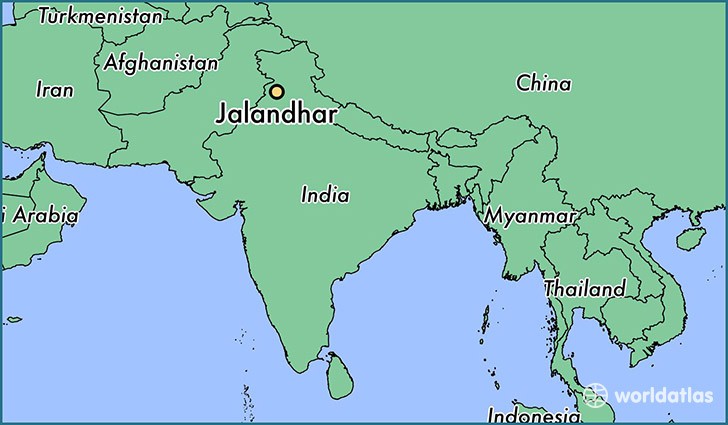
The Rogationists, with a great desire to expand their missionary activities in the northern part of India, pledged to establish their presence in the state of Punjab in the year 2016.
With this intention two students of religion were sent for their theological studies, which were ordained in 2020.
Recognizing the importance of the apostolate of evangelization, the apostolate with the poor and needy and the emerging need for apostolate in the field of education, the Rogationist Fathers were involved in the parish apostolate, learning and adopting the new culture and studying the various possibilities of apostolate in which the congregation can be involved.
Currently three Rogationist Fathers are engaged in the pastoral and social activities of the Diocese.
Meanwhile, some religious students continue their theological studies at the Holy Trinity Regional Seminary in Jalandhar to further strengthen our missionary activities in the diocese and state of Punjab.
REQUEST FOR COLLABORATION AND SUPPORT TO MISSIONARIES
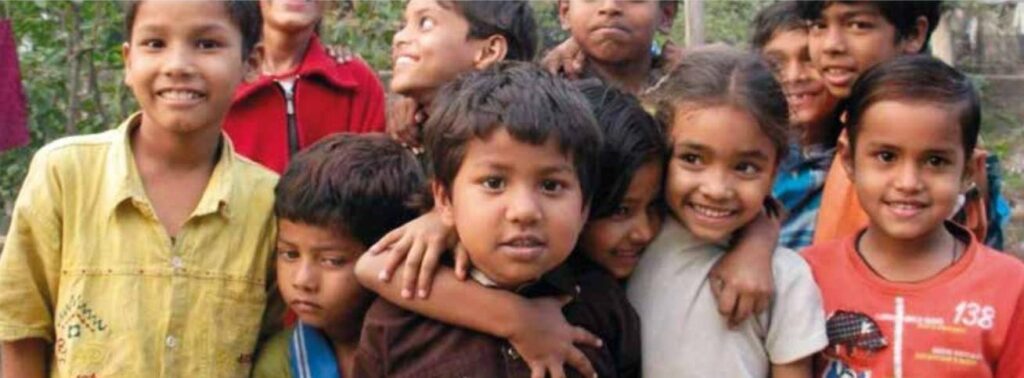
Being a missionary today is not determined by the service that takes place or only by the various needs that one tries to remedy. Being missionaries means first of all being with Jesus, serving Jesus, communicating his word everywhere and to anyone.
Mission is also a commitment to look at man in his reality and in his needs. We should say thank you to the many poor people who allow us to learn to love and to serve as Jesus himself taught us. In fact, the primary purpose of the mission is not to be interested in great social or political problems or to make great plans, but to meet people and tell them that God is participating and touched by their difficulties.
The first support is to meet and help needy families to provide for the good of their children; And this presupposes and requires a home, a family, parents aware of their responsibilities.
Through the mediation of the missionaries involved on the spot, it is possible to support families and assure the little ones what is most important to them: food and school education.
Poverty is one of the first enemies of school. Those who are not educated have no chance of building a better future. This is especially true in the world’s poorest countries. Where not knowing how to read or write means being often condemned to hunger and misery. In poor countries, one in three children is unable to study. The main objective is to provide the to, through distance adoption projects, in the belief that we are helping so many children in need of help. It is at that moment that we go to ask God to help us every day, to be able to share more and more their experiences, their discomforts. Asking Jesus to make shine in the midst of everyday problems the light of his consolation and the gift of his salvation. Distance adoption does not always involve direct contact between the adopted child and the adopter.
PROJECT PURPOSE and expected costs
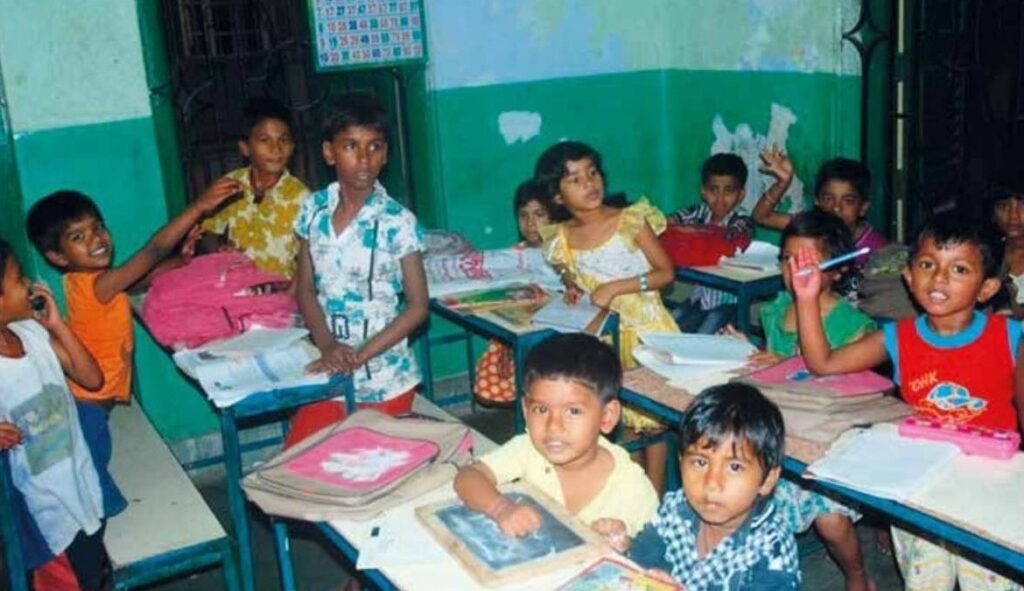
To this end, we will offer regular classes and present ourselves to the exams organized by the government so as to meet the requirements of the department of education and obtain the certificate of completion of the school, which allows them to continue their university studies.
WHAT IS NEEDED AND THE TOTAL COST OF THE PROJECT
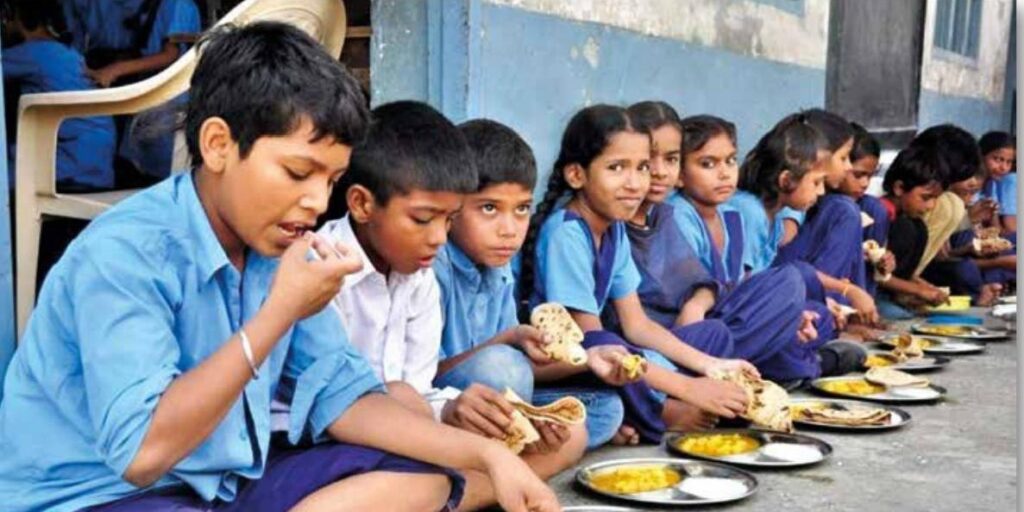
For the realization of this project three classrooms for sixty students, an office and two bathrooms are needed. The total area includes 2995 square feet (278,2446 square meters) and the total cost of construction is 56,25,000.00 Indian rupees (75,000.00 euros).
ESTIMATED TIME TO COMPLETE THE PROJECT
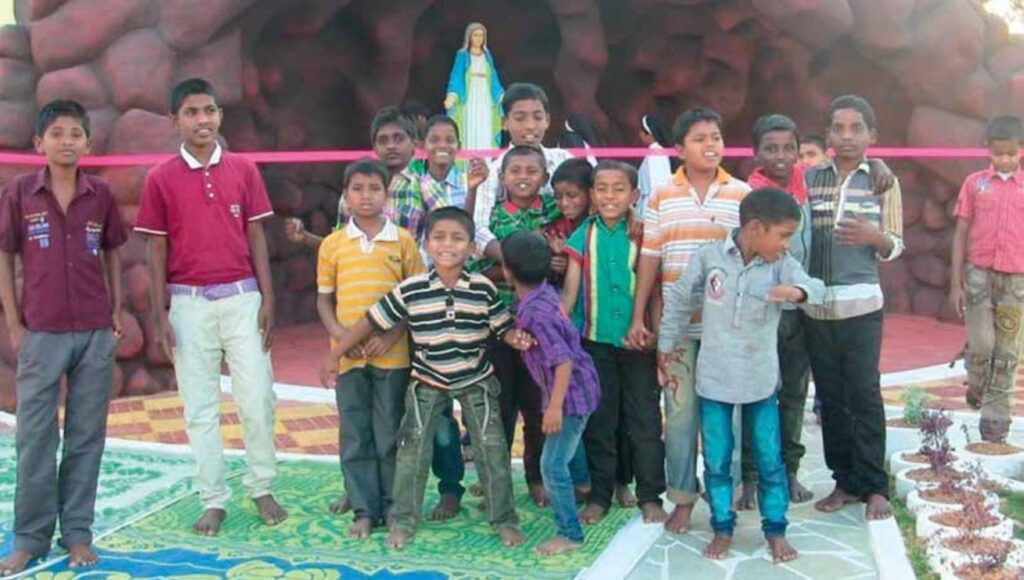
The completion of the construction of the project would take six months from the time of the start of construction.
We intend to start construction by the beginning of January 2024 and start classes by the beginning of the academic year in June 2024. The proposed project aims at this significant result, since we are called to be good workers in the Lord’s vast harvest.

